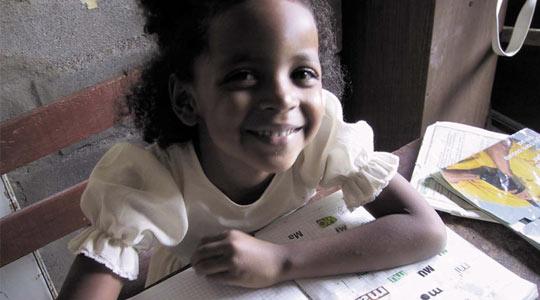
Two Wings
Environmental Health
Zambia



The situation in Zambia
Zambia’s rural population ranks among the most deprived in terms of poverty in Africa. It is particularly affected by a high mortality rate due to HIV, the biggest health development challenge in the region. The scale of the epidemic also has catastrophic effects on education. More and more children have to drop out of school to care for their sick parents, siblings, and livelihoods. Every year, two-thirds of trained children die. This disaster is more dramatic in rural areas.
Inshindo Foundation
In recent years, the Inshindo Foundation has been dedicated to improving elementary education and food production through its Community Schools Program and Community Agriculture Program. Now, the Inshindo Foundation has introduced the Preparation for Social Action program in Zambia, which aims to promote a healthy environment as an essential part of community life. The program has several objectives: to increase awareness about environmental issues, develop technical skills, and foster a deep understanding of these issues through a combination of scientific and intellectual knowledge.
Participants in the program are trained to become advocates for the well-being of their communities. The focus is on enhancing their abilities and capacity to drive important processes that contribute to social and material progress within the community. The program seeks to address the impacts of global warming, such as water scarcity, floods, and pollution, which have affected both rural and urban communities in Zambia.
The program will start with small-scale activities and gradually expand as capacity, interest, and experience grow. It will encompass four categories of activities: developmental, educational, knowledge-related, and collaborative.
- Educational activities will include seminars, study of relevant texts, and community sensitization to create awareness about the environment and the benefits of tree planting.
- Developmental activities will involve the planting, caring, and preservation of trees, establishment of botanical gardens and orchards, and promotion of tree nurseries.
- Knowledge-related activities will focus on gathering and disseminating information about indigenous trees, cultural aspects related to trees, and government policies and interventions.
- Collaboration with various stakeholders, including municipal councils, forestry departments, and local leaders, will be essential to ensure coherence and effectiveness.
The program will begin with a tree planting project in four groups in 2023: Kabwe, Kanongesha, Mwinilunga Central, and Mwinilunga East. Indigenous non-fruit trees and fruit trees will be planted in these clusters, with a targeted participation of 135 individuals, including promoters, farmers, and parents of junior youth. The program will work closely with the Forestry Departments in Kabwe and Mwinilunga Districts to support their expertise and knowledge in tree planting and management.
Overall, the Inshindo Program aims to contribute to the preservation of the environment, promote collaboration with government and global efforts, and improve the health, beauty, and economy of the communities in Zambia. By combining scientific and intellectual knowledge, the program seeks to empower individuals and communities to take action towards creating a sustainable and healthy environment.

